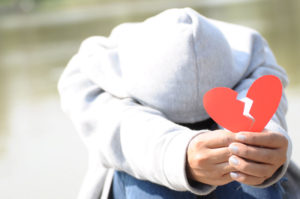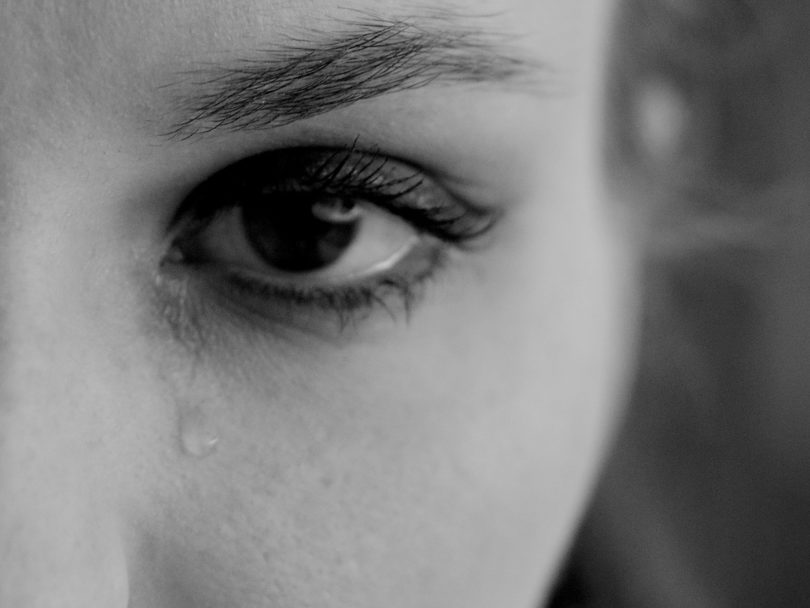Young teenager love burns bright, but when the flame is extinguished the pain can seem unbearable. As a parent, you never want to see your child suffer a broken heart, but you may struggle to find the right thing to say or do when puppy teenager love turns sour. Here are some do’s and don’ts to help your teenager overcome the pain of a broken heart.
Don’t Minimize the Pain
“When your child comes to you after a breakup, take their feelings seriously,” says Dr. Donna Haygood-Jackson, a therapist with Colonial Psychiatric Associates in Williamsburg, Virginia. “Telling your child that they are ‘only 15’ makes it sound like their feelings don’t matter. While you as a parent know there will be many other relationships, to your teenager their broken heart and feelings about the relationship that just ended are everything.”
Listen for Red Flags

It’s normal for a teenager to be upset and tearful after a breakup or broken heart, but if your child says things like “I don’t want to live without someone,” pay attention to that. “Don’t jump to conclusions, but do clarify what your child really means,” says Haygood-Jackson. If your child has a history of mental health issues or self-harm, ask direct questions to make sure they aren’t considering hurting themselves or others. “Many parents dance around such sensitive topics for fear of planting an idea in a child’s head, but the child’s safety trumps everything,” says Haygood-Jackson. “If you spot any red flags, work with your child’s therapist or seek out a therapist to talk through issues.”
Don’t Use the Breakup to Pry into Your Child’s Life
You may be tempted to use a conversation about your child’s breakup and a broken heart as an excuse to talk about other things that may be going on in their life, including experiences having to do with sex, drugs or alcohol, but Haygood-Jackson warns against doing that. “There is an appropriate time to have conversations about those things, but during this emotional time you must let your child have and experience their pain so they can work through it,” she says. “Ask open-ended questions and let your child share what he or she feels comfortable with. Don’t judge and don’t pry.”
Set a Good Example

Children watch and mimic their parents’ actions, and that includes how they behave in relationships. “Actions speak louder than words,” says Haygood Jackson. “If one partner is disrespectful or abusive to the other, kids will pick up on that. Take a look at your own marriage or relationship and think about the example you are setting for your teenager.”


